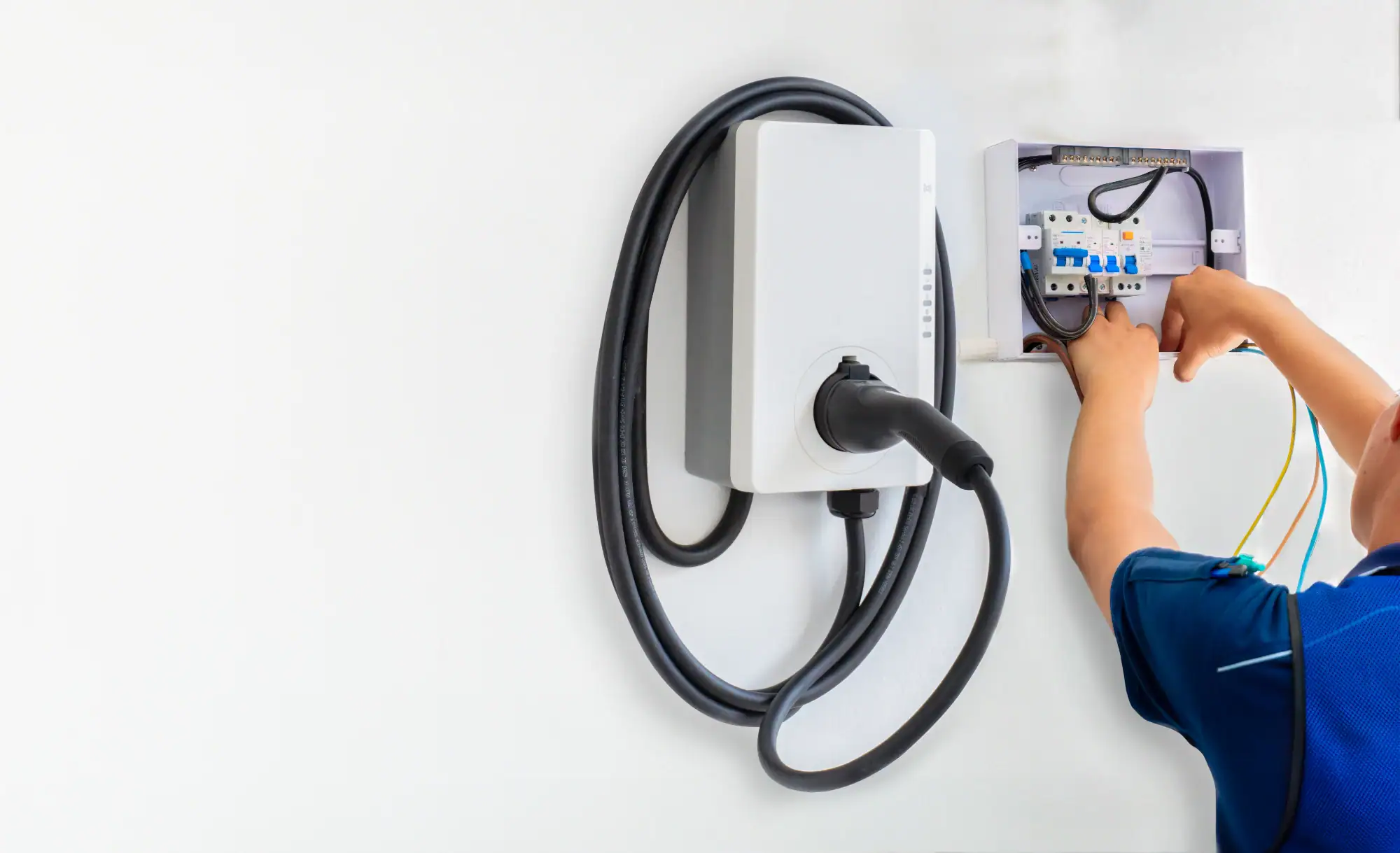Stop hunting for public charging stations. Get Level 2 charging at home that adds 25 miles per hour.
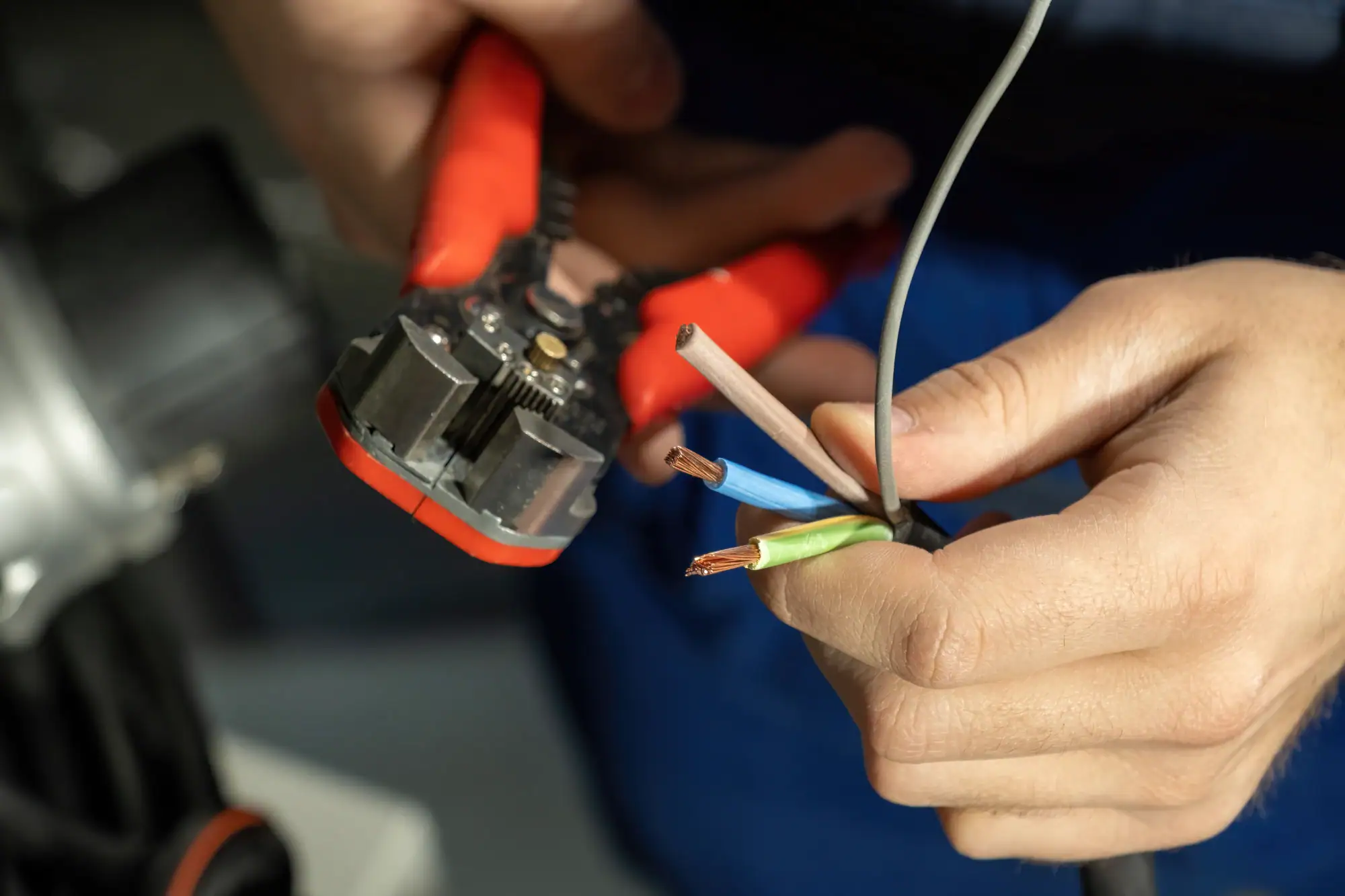
Hear from Our Customers
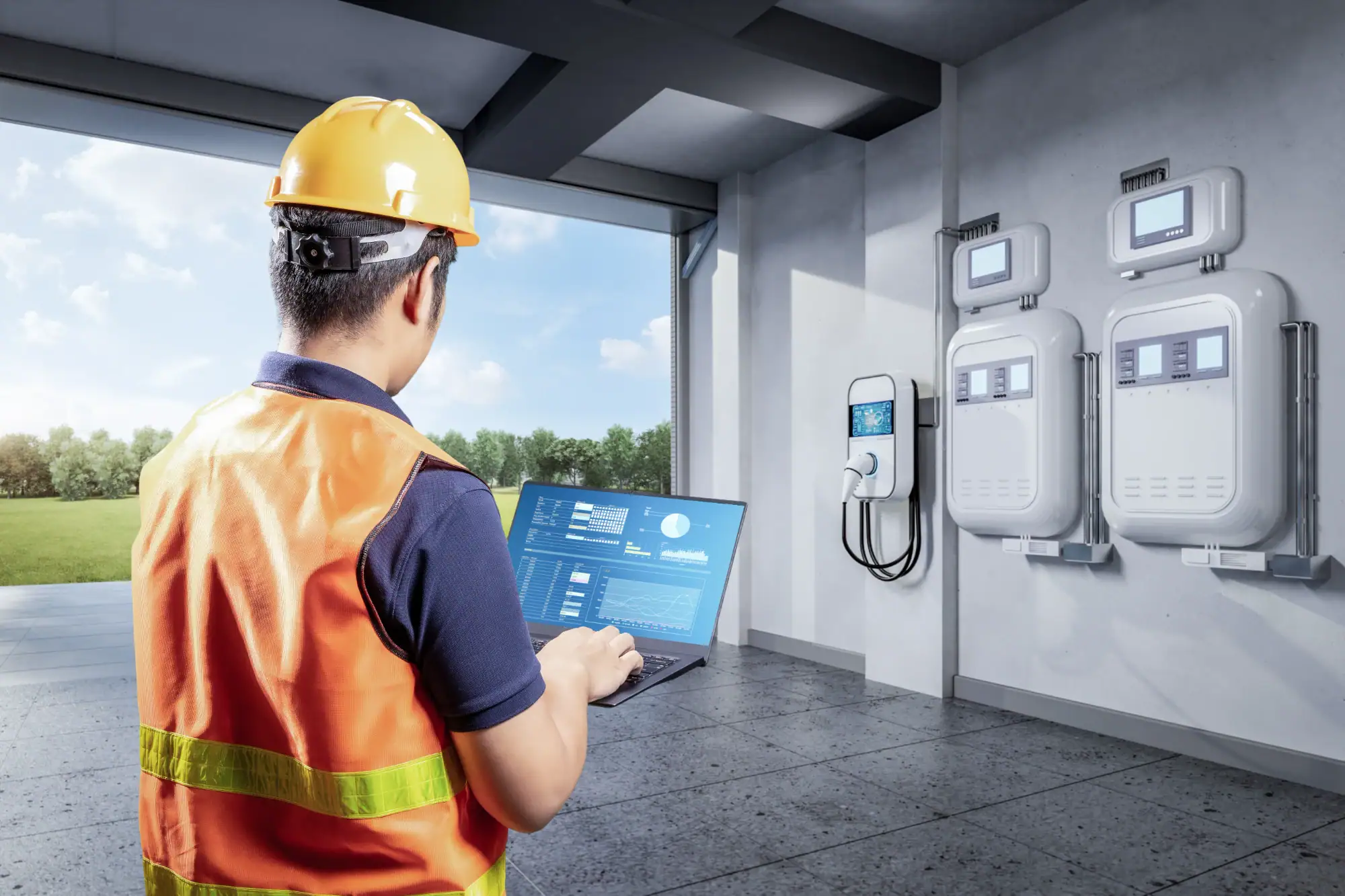
You bought an electric vehicle to simplify your life, not complicate it. But if you’re still driving around looking for available charging stations or waiting 20 hours for a full charge on a standard outlet, you’re missing the point entirely.
Level 2 home charging changes everything. Your car charges while you sleep, adding about 25 miles of range every hour instead of the 5 miles you get from a regular wall outlet. You wake up to a full battery every morning, skip the gas station forever, and never worry about finding a charging spot when you’re out.
The math is simple: most Stickney residents drive about 28 minutes to work each day. That’s roughly 30-40 miles round trip. A Level 2 charger handles that in less than two hours of charging time, usually while you’re having dinner or watching TV.
We’ve been handling emergency electrical repairs in the Stickney area for 25 years. We’ve seen every electrical problem you can imagine – flickering lights, power outages, burning smells, and outdated panels that can’t handle modern demands.
EV charger installation is just another electrical challenge, but it’s one that requires specific expertise. Illinois requires all EV charger installers to be certified by the Commerce Commission, and we meet those standards. We’re licensed, bonded, and insured.
Most EV charger installations in Stickney homes require a dedicated 240-volt circuit and sometimes a panel upgrade. We’ve been installing these types of circuits for decades – they just happen to power electric vehicle chargers now instead of electric dryers or workshop equipment.
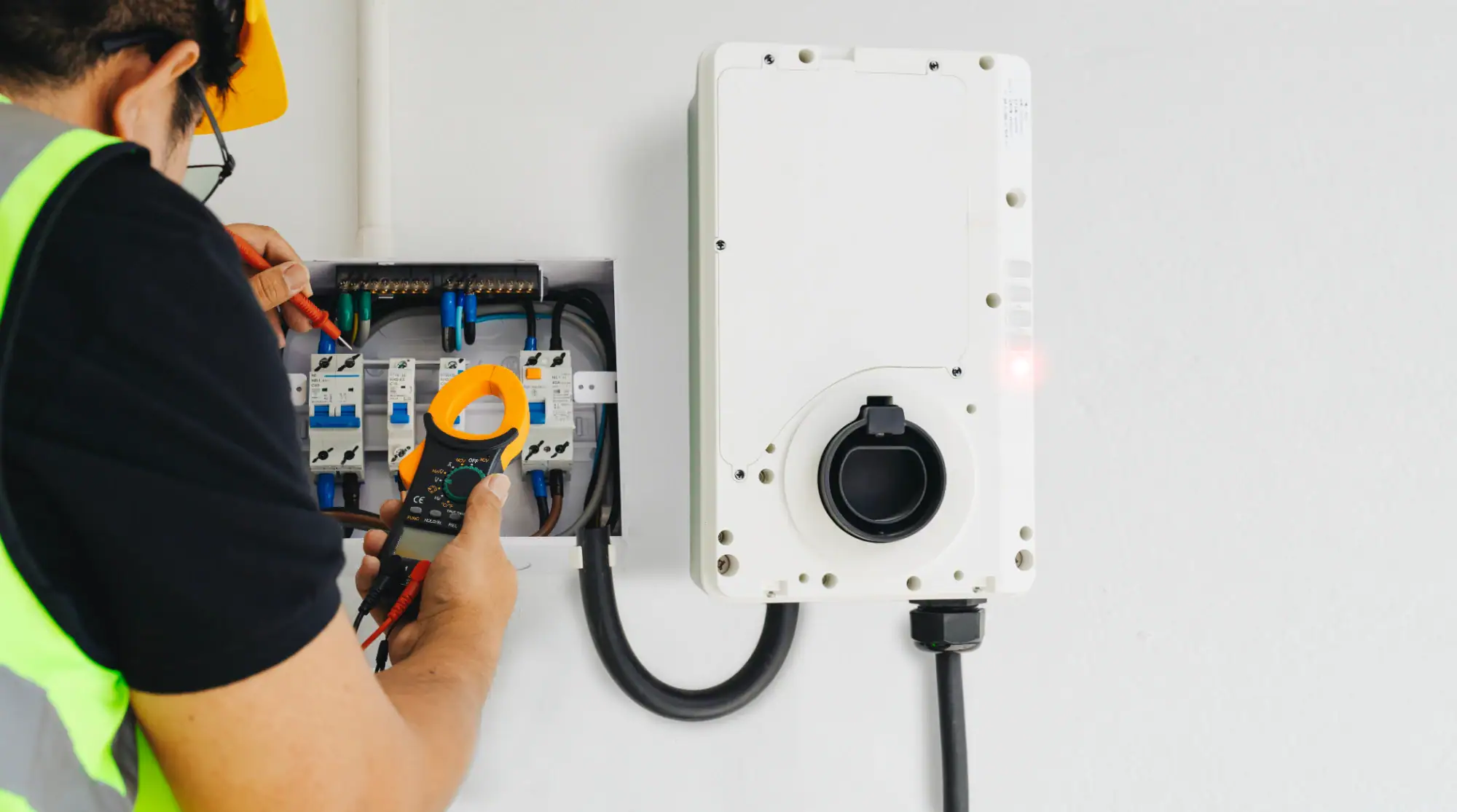
The installation starts with evaluating your electrical panel and determining the best location for your charger. Most Stickney homes have garages or driveways that work well, but every situation is different.
Next comes running the dedicated 240-volt circuit from your panel to the charging location. This might involve running wire through walls, conduit along exterior walls, or underground if the charger is going to a detached garage. The specific approach depends on your home’s layout and local code requirements.
The final step is mounting and connecting the charging station itself. Level 2 chargers need to be properly grounded and connected to communicate with your vehicle’s charging system. The installation includes testing to make sure everything works correctly and safely.
Most installations take 4-6 hours depending on the complexity of the electrical run and whether any panel upgrades are needed.
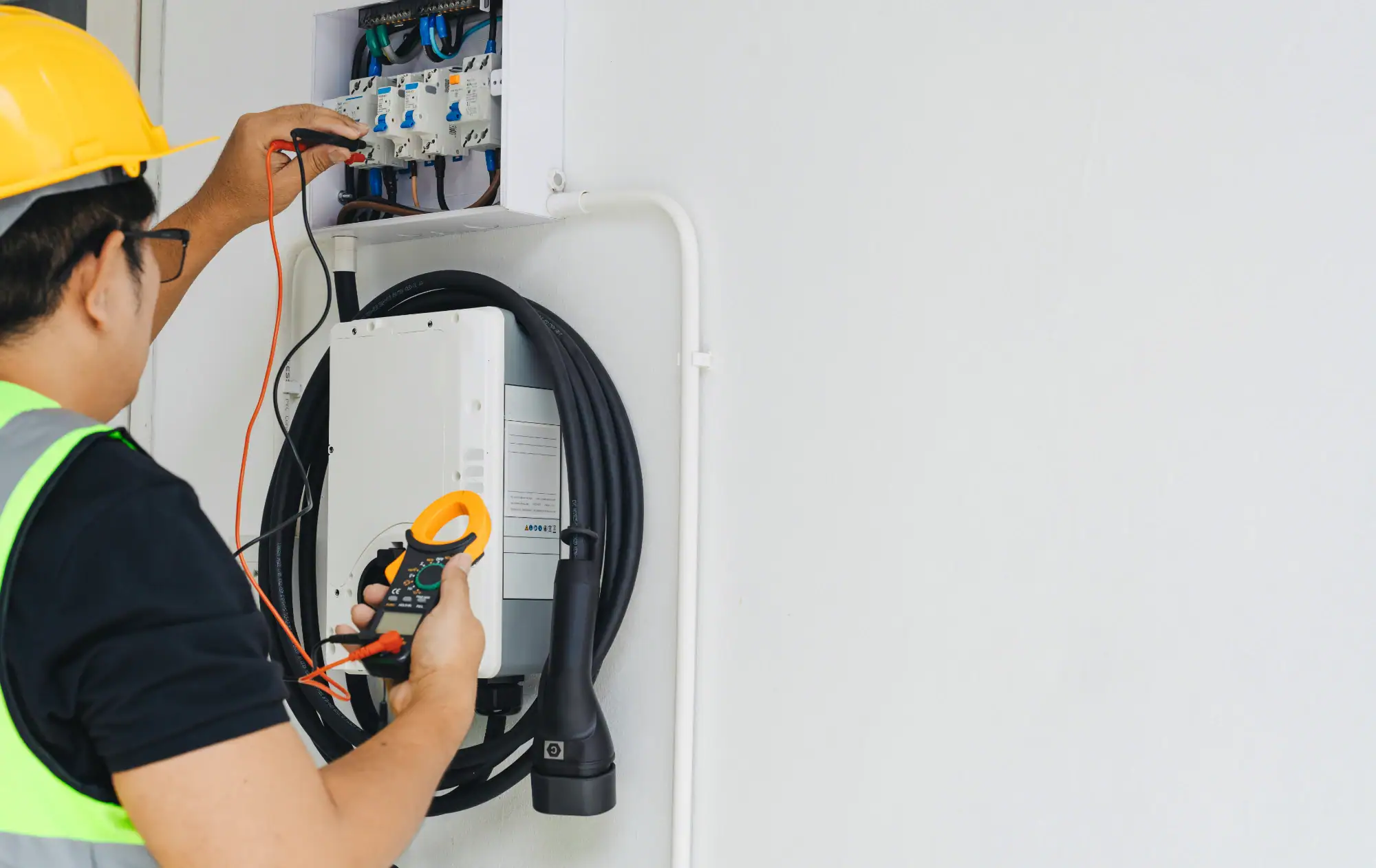
Ready to get started?
Every EV charger installation includes the dedicated 240-volt circuit, proper grounding, and code-compliant installation. We handle the permits and inspections required in Stickney and Cook County.
The installation covers mounting the charging station in your preferred location, whether that’s on a garage wall, exterior wall, or pedestal mount for outdoor installations. All electrical connections are made to manufacturer specifications and local electrical codes.
Many Stickney homeowners are eligible for significant rebates on their EV charger installation. ComEd offers rebates from $1,000 to $3,750 for Level 2 charger installations, and federal tax credits cover 30% of installation costs up to $1,000. We can help you navigate these incentive programs.
The service includes a walkthrough of how to use your new charging station and basic maintenance requirements. Most Level 2 chargers are designed to work for years with minimal maintenance, but knowing how to troubleshoot basic issues saves time and service calls.
